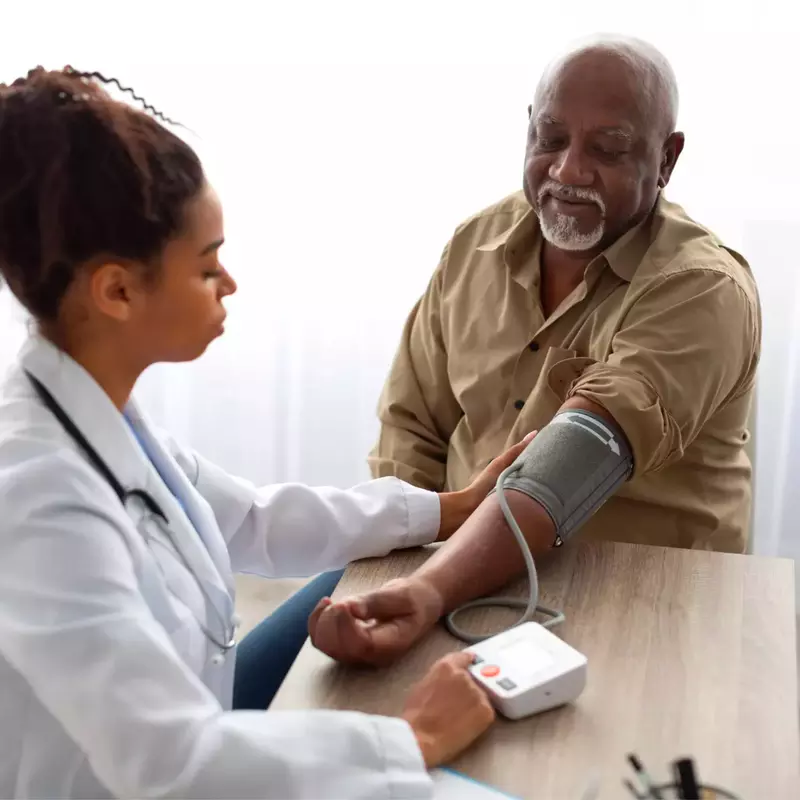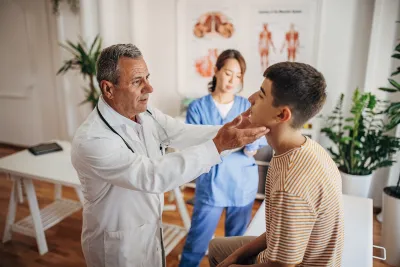Recent Blogs
-
 Health Care
Health CareYour 2025 Wellness Checklist
Estimated read time:Your age, risk factors and family history will help your primary care physician determine the best health plan for you.
-
 Health Care
Health CareWomen: Take Time to Take Care of You During the Holidays
Estimated read time:Women and self-care. AdventHealth explains the importance of taking time to take care of yourself and offers tips to get started.
-
 Health Care
Health CareYour 2024 Wellness Checklist
Estimated read time:Your age, risk factors and family history will help your primary care physician determine the best health plan for you.
-
 Health Care
Health CareFive Super Foods to Boost Your Heart Health
Estimated read time:Your heart is an amazing, powerful organ. Add these super foods to your grocery cart to boost your body, mind and spirit with a heart-healthy diet.
-
 Health Care
Health CareWomen’s Health Screenings to Put on Your To-Do List
Estimated read time:Learn about routine health screenings every woman should have, along with lifestyle tips to stay healthy in between screenings.
-
 Health Care
Health CareOvarian Cancer Treatment Options
Estimated read time:Have you wondered about treatment options for ovarian cancer? What about the risk factors and warning signs? We're here to empower you with answers to those questions.
-
 Health Care
Health CareHow Women Can Protect Themselves Against Cancer
Estimated read time:Learn how to protect yourself from cancer as a woman with risk awareness and prevention tips.
-
 Health Care
Health CareHow Your OB/GYN Can Help Protect Your Heart
Estimated read time:Teaming up with your OB/GYN to assess and treat any heart disease risk factors you may have could protect your ticker for many years to come.
-
 Family and Friends
Family and FriendsHow to Balance Your Family’s Active Summer Schedule
Estimated read time:Summer break from school means keeping the kids occupied. With all the added activities, it can be hard to manage your family’s busy schedule. Learn how.




